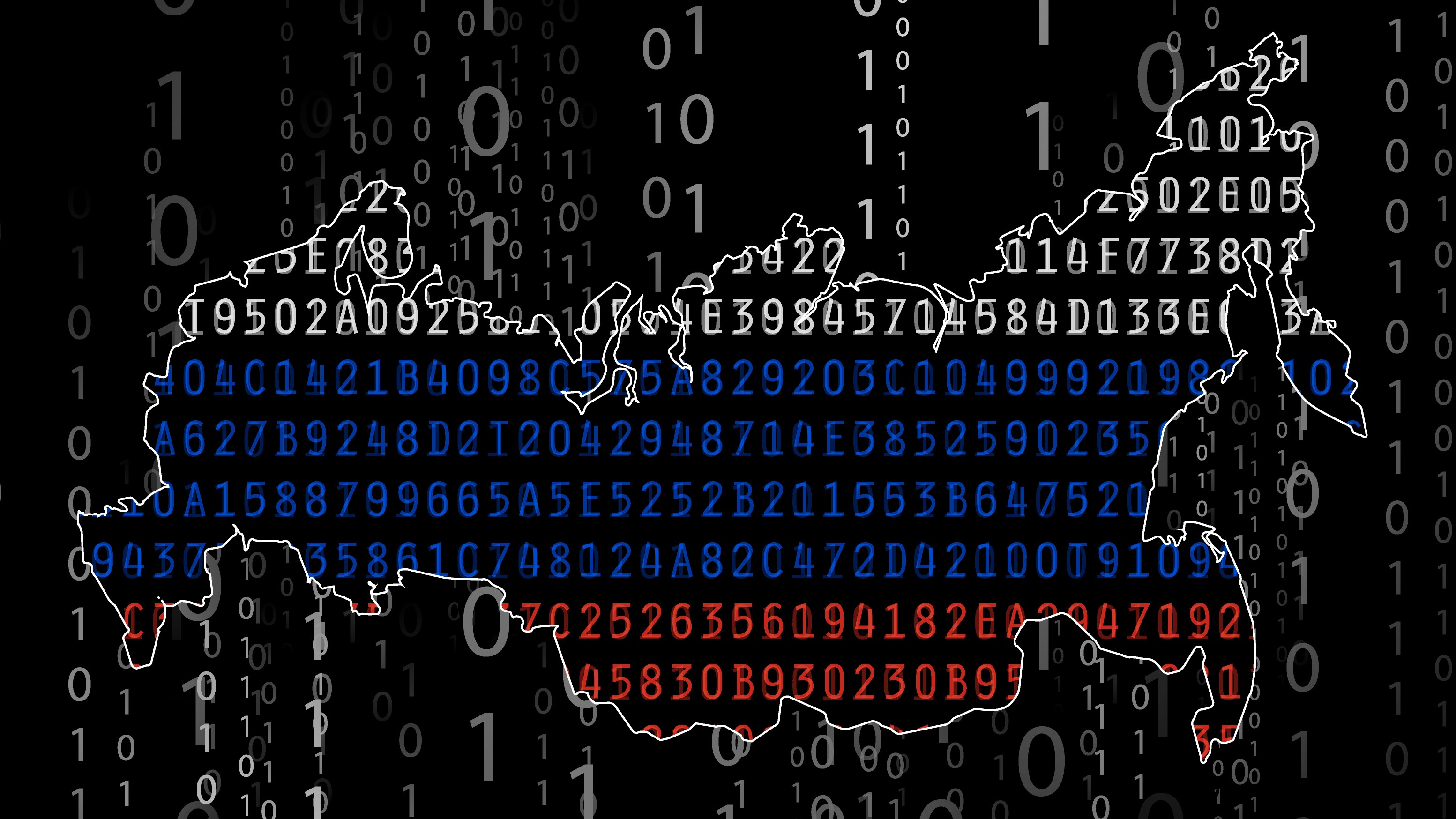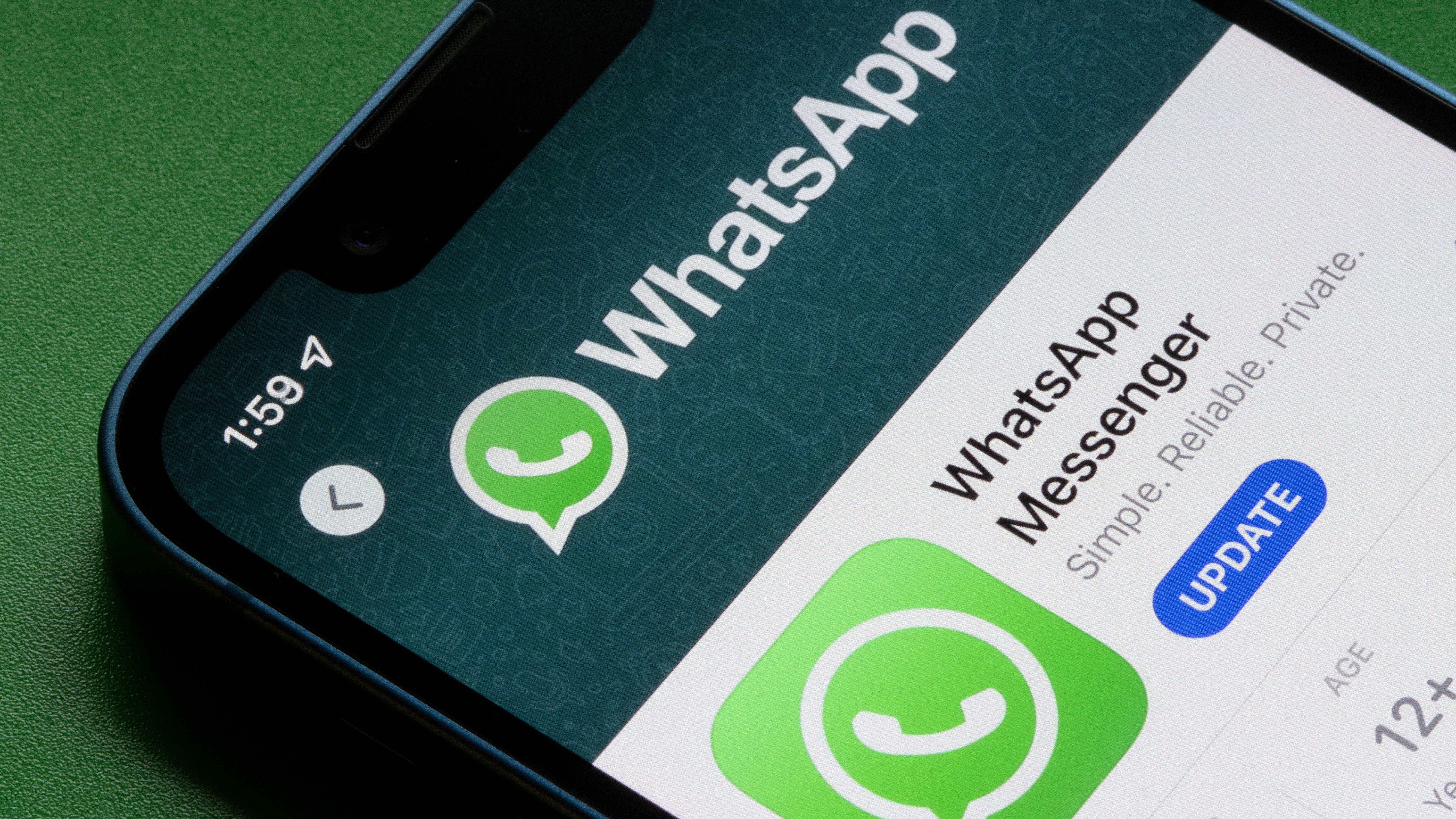Russia's WhatsApp rival to be pre-installed on new smartphones and tablets from September – here's what we know
After Android, the domestic RuStore app store is also forced on Apple's devices

Sign up for breaking news, reviews, opinion, top tech deals, and more.
You are now subscribed
Your newsletter sign-up was successful
- Max, a Russia-developed messaging app, must be pre-installed on every new device from September 1
- The domestic RuStore app store is also to be forced onto Apple devices, after already being mandatory on Android
- Authorities are reportedly considering blocking WhatsApp, today's most popular messaging app in Russia
A Russia-developed messaging app must be pre-installed on every new smartphone and tablet sold in Russia starting from September 1, 2025 – the government confirmed on Thursday, August 21.
So-called Max, the WhatsApp rival, is also integrated with government services and has already reached 18 million registered users, according to Interfax.
Privacy experts have been raising the alarm, arguing that Max could spy on its users. Something that the Kremlin strongly denies, arguing that "it has fewer permissions to access user data than rivals WhatsApp and Telegram," Reuters reported.
As per the government announcement, on September 1, the domestic RuStore app store will also become mandatory on all Apple devices, having been forced only on Android gadgets so far.
Can people in Russia still use WhatsApp?

WhatsApp is currently the most popular messaging service across Russia, and the only Meta-owned app not blocked in the country.
This could soon change, however, as authorities have recently confirmed their intention to ban WhatsApp in Russia.
Talking to Reuters on Friday, July 18, Deputy Head of the Russian parliament's Information Technology Committee, Anton Gorelkin, said that "it's time for WhatsApp to prepare to leave the Russian market," while reminding that Meta has been designated as an extremist organization in Russia.
Two more government sources have then confirmed to Meduza, a Russian Independent media outlet, that "there’s a 99-percent chance" the WhatsApp block will happen.
Fast-forward to August 13, Interfax confirmed that authorities partially restrict calls on both Telegram and WhatsApp, allegedly as a measure to combat criminal and terrorist activities.
The looming WhatsApp ban comes as the Kremlin also recently passed a law to punish online searches for so-called 'extremist' content, while adding new penalties to those using VPN services.
This means that using one of the best VPN services to bypass a potential ban on WhatsApp, or any other app for that matter, has suddenly become ever more challenging.
You might also like

Chiara is a multimedia journalist committed to covering stories to help promote the rights and denounce the abuses of the digital side of life – wherever cybersecurity, markets, and politics tangle up. She believes an open, uncensored, and private internet is a basic human need and wants to use her knowledge of VPNs to help readers take back control. She writes news, interviews, and analysis on data privacy, online censorship, digital rights, tech policies, and security software, with a special focus on VPNs, for TechRadar and TechRadar Pro. Got a story, tip-off, or something tech-interesting to say? Reach out to chiara.castro@futurenet.com
You must confirm your public display name before commenting
Please logout and then login again, you will then be prompted to enter your display name.